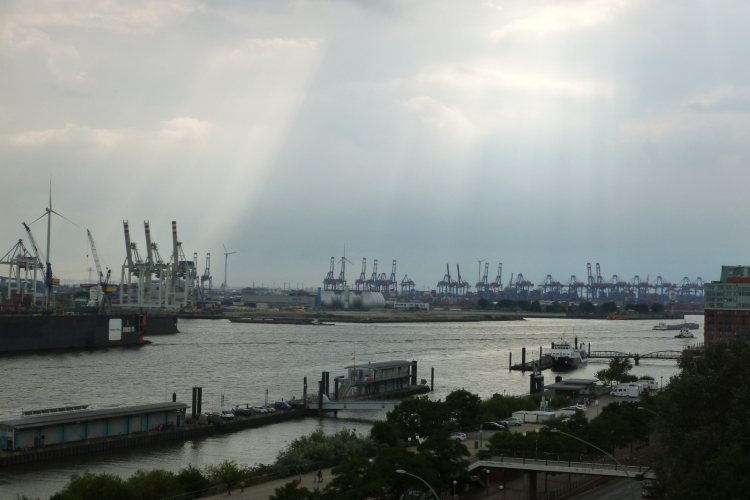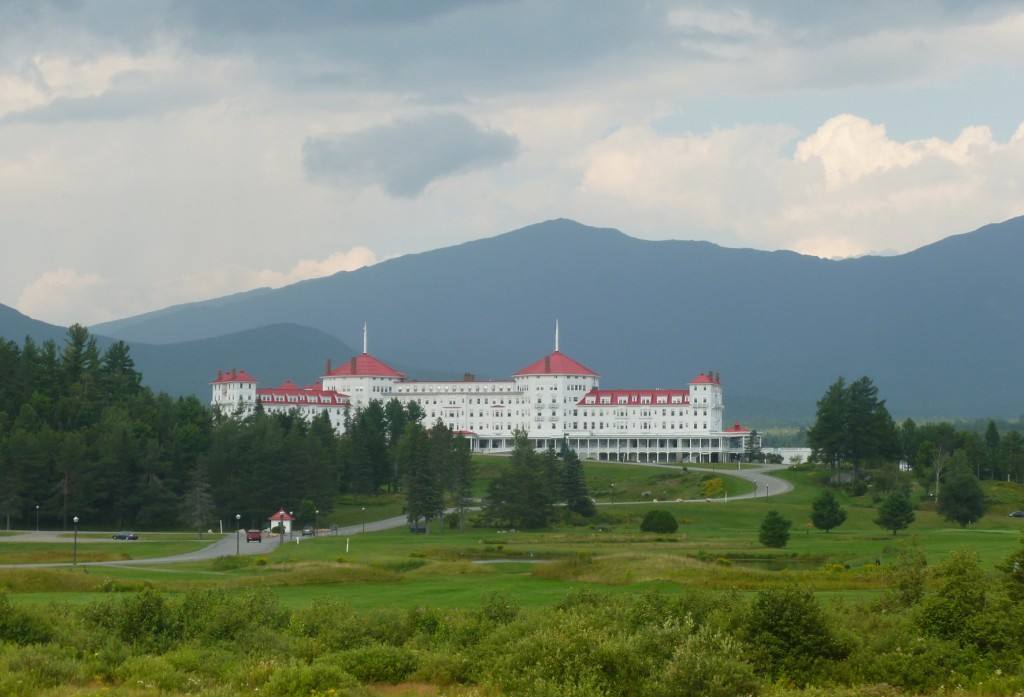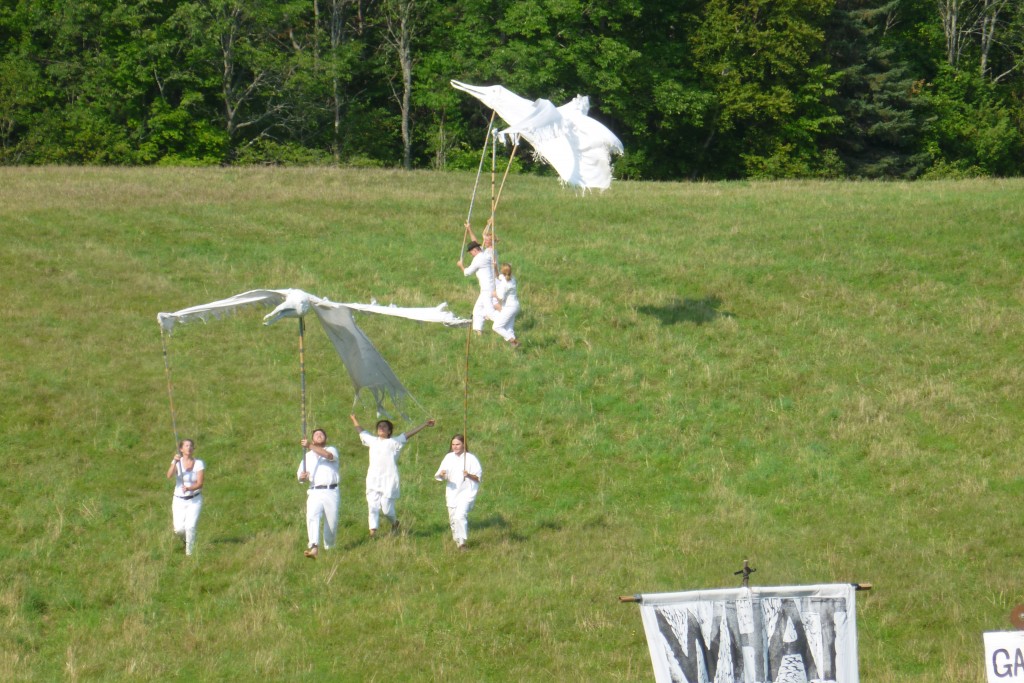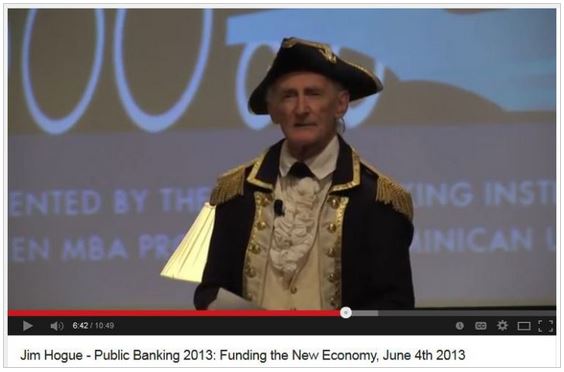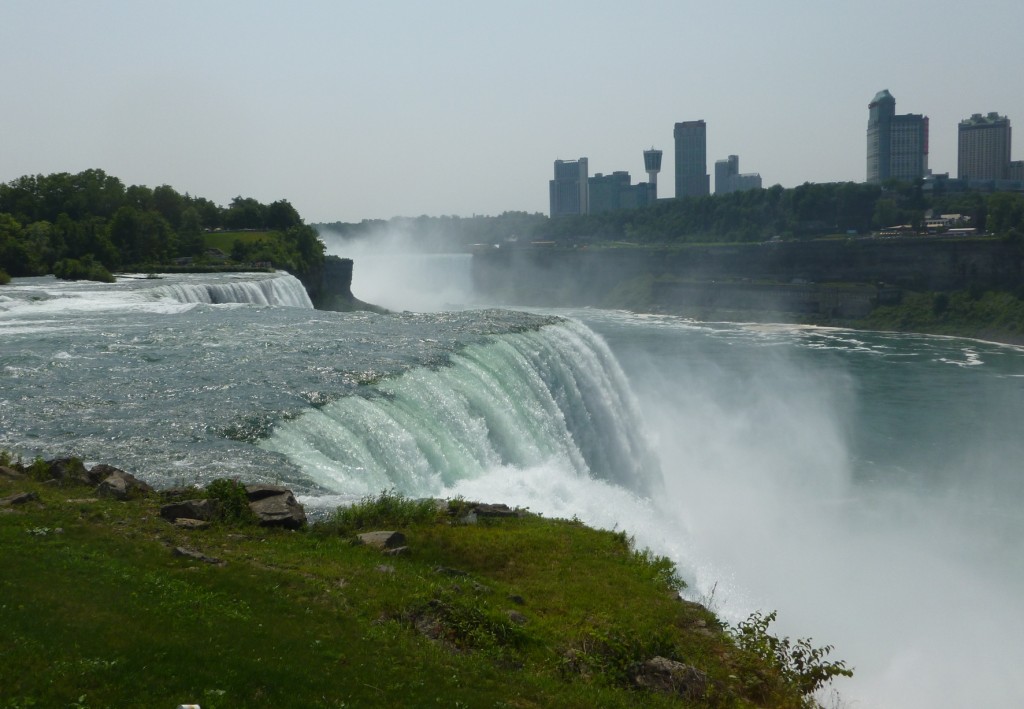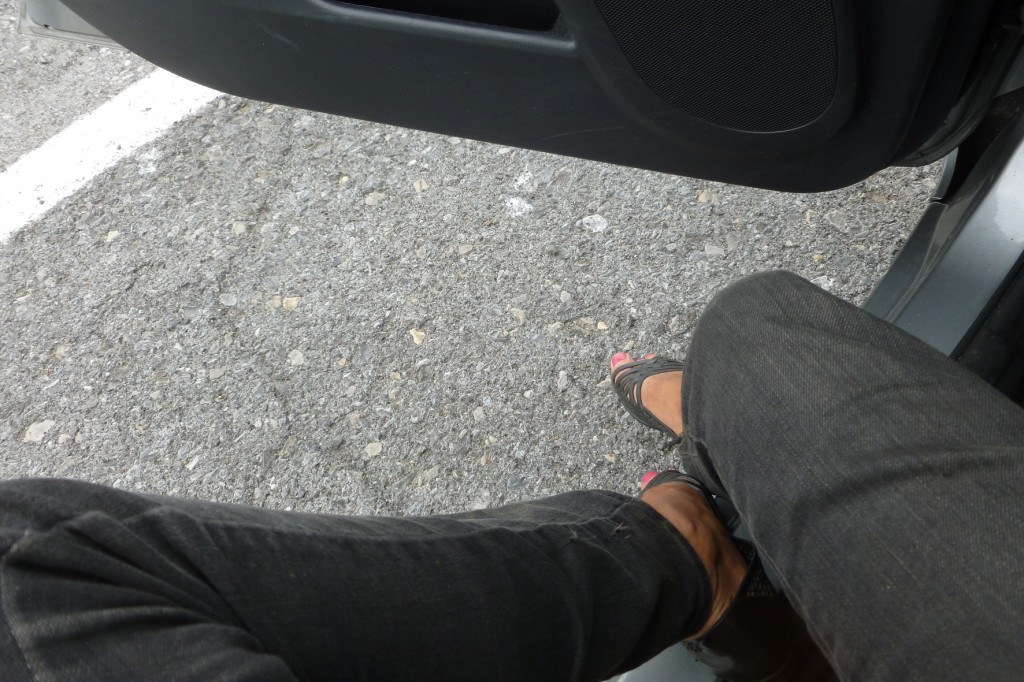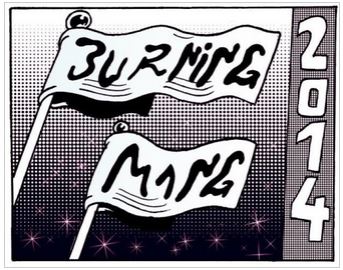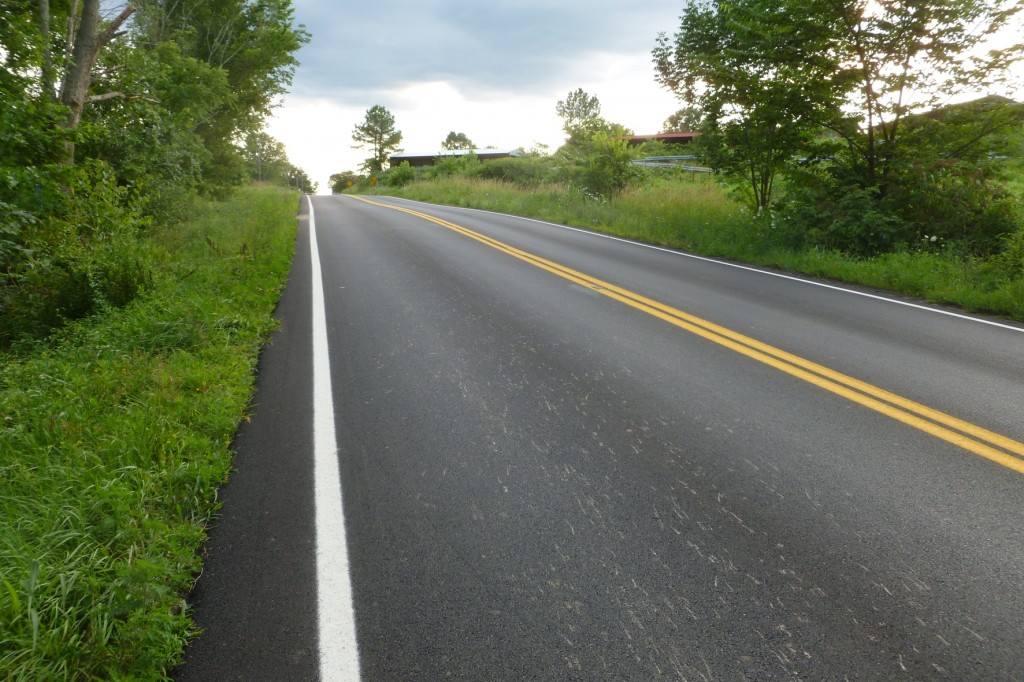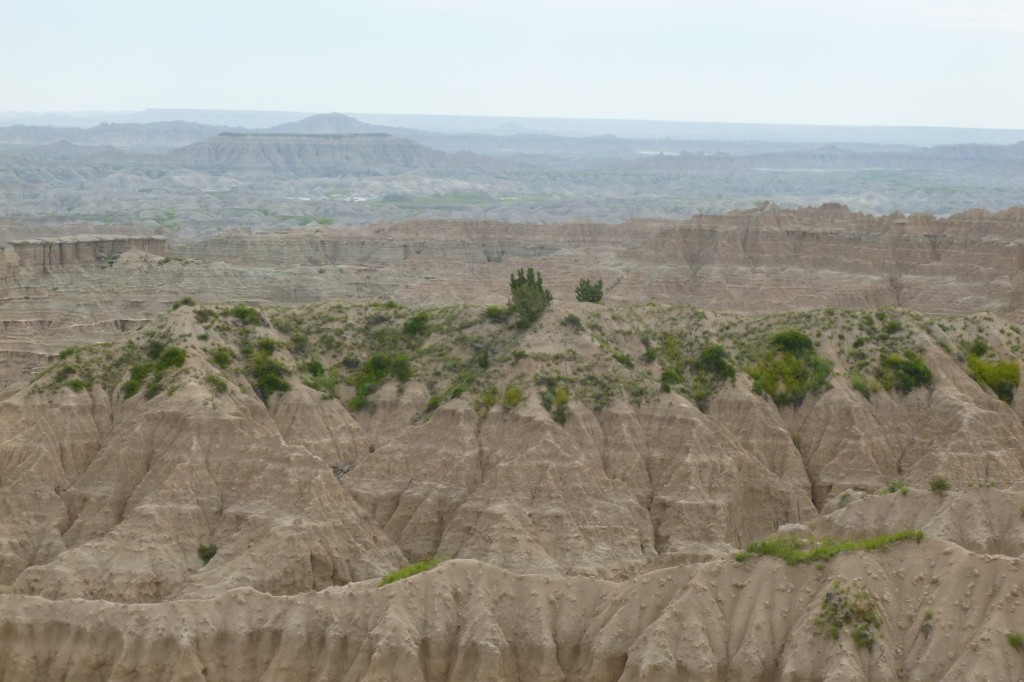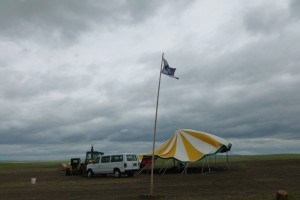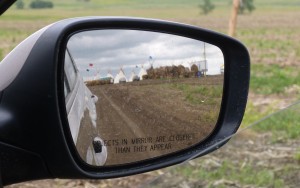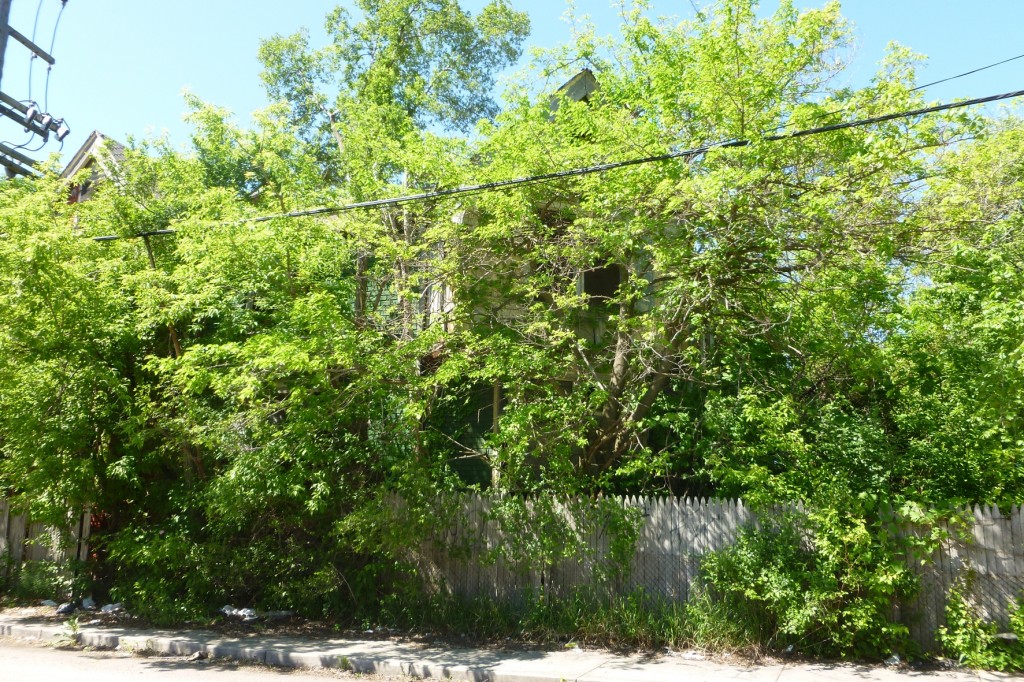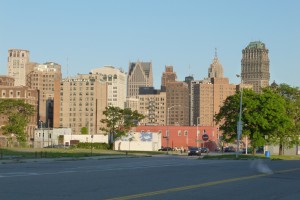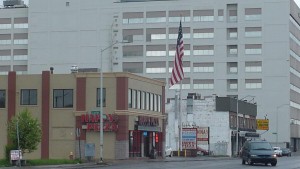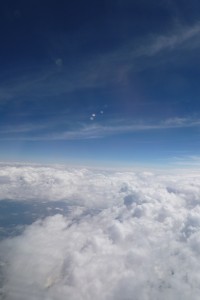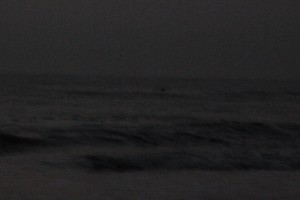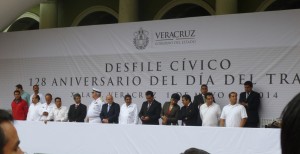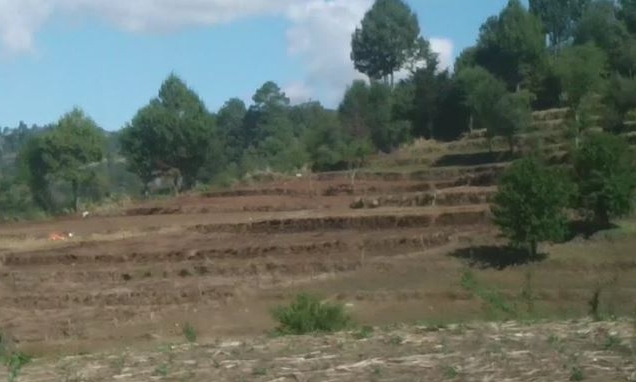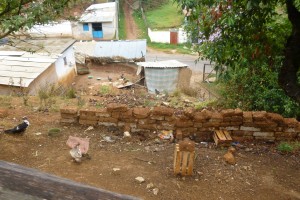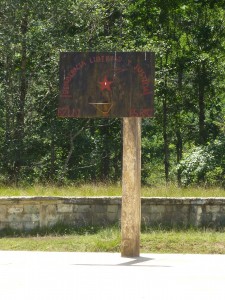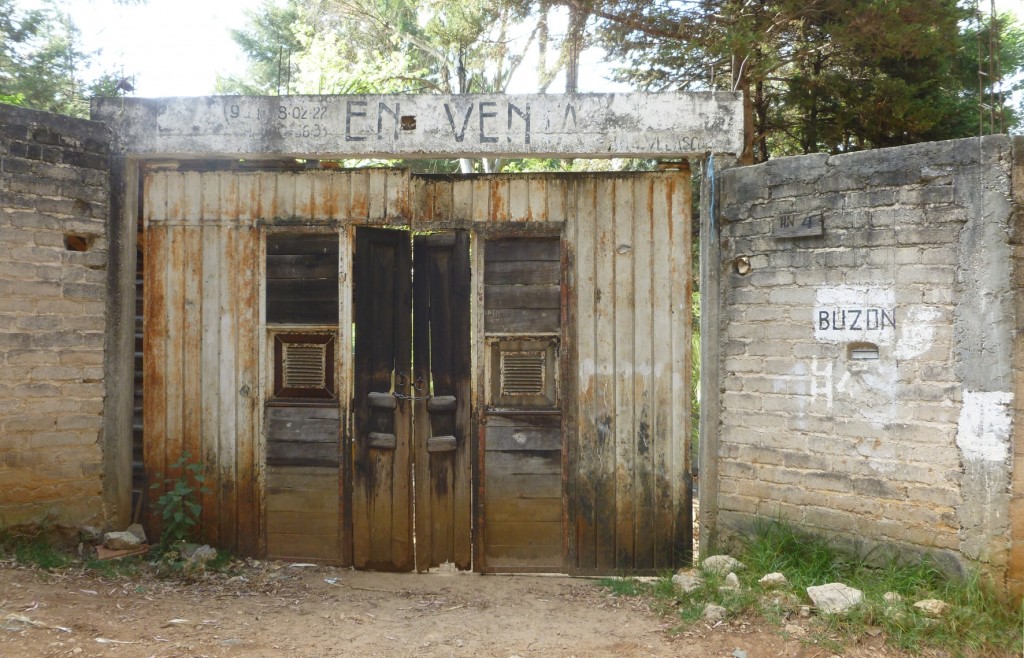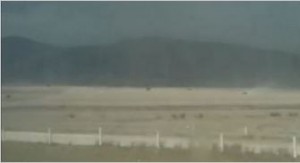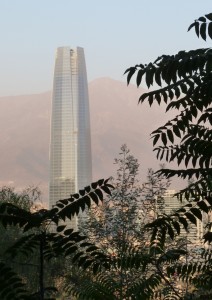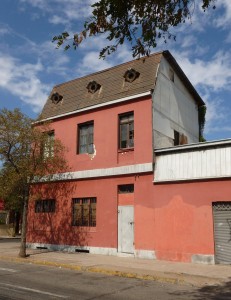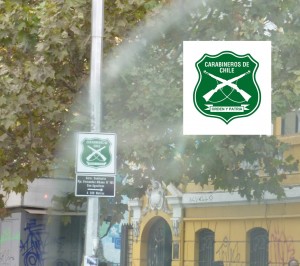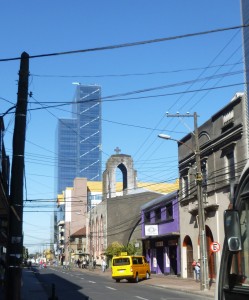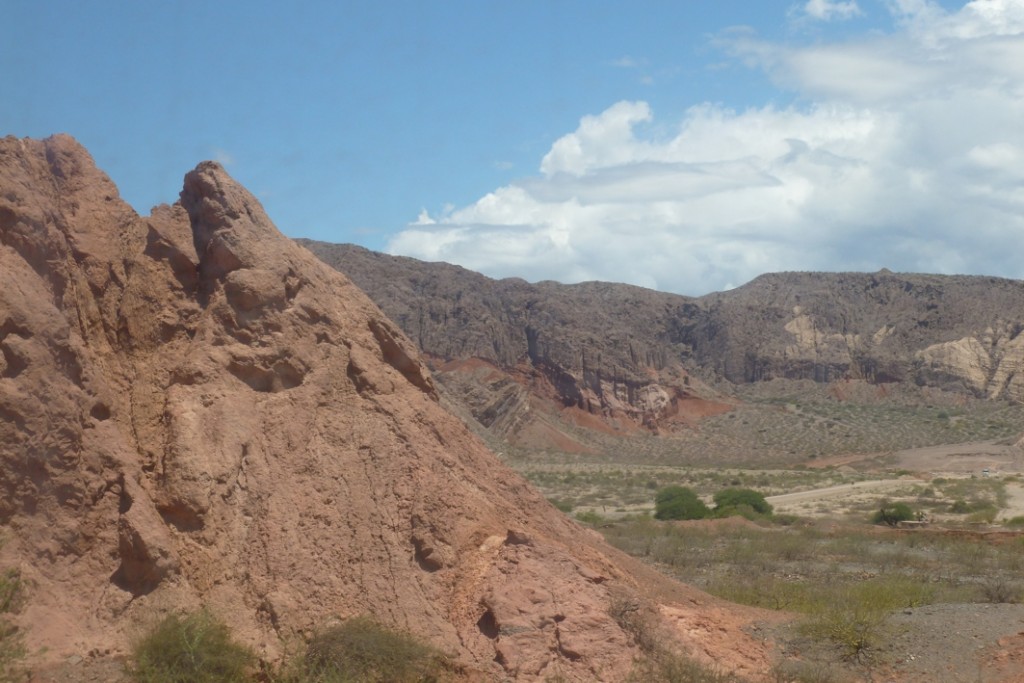°
a trip through nation territory
.
.
Back in Hamburg
Back to Europe
; Good bye grand America Flying out of Boston, waving at atlantic ocean, here, Hampton beach:
Today I proceeded to Portland Maine. On my way there I took a Detour to visit Bretton Woods, where the IMF was founded. It is a symbol of what the IMF does with money. Basicly it helps the very rich. Or who else resides at places like this? Do we really need our policy makers to make decisions in overwhelmingly luxurious surroundings?
In Vermont I had enriching encounters.
For two nights I stayed at the Meadowhawk Homestead. Great hospitality and fresh goatcheese.
I interviewed many people. Following are the initiatives they are involved in
And I attended one day of the Climate justice gathering which was held in preparation for the peoples climate march in New York in September 14
After that I went to see some of the bread and puppet theaters. The bread und puppet theater exists since fifty years and was founded by German artist Peter Schuhmann. The theater sits on a hughe bit of land and draws a lot of people to join the events.
Now here’s Vermont and tomorrow I’m gonna meet this guy
That’s what I saw of the Niagara Falls
In the car: fever through Buffalo to Vermont
Still in Ohio, taking part at
. The ground of the tree haven Farm is filled with amazing clay. Artist in residence Marissa L.B. dug a holefrom which I extracted clay. It only had to be watered to become a useful mass
I formed little soundballs of it and burned them in a hay fire.
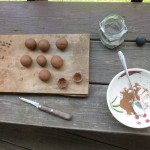
While artist Rebbecca B. was taking care of the sculls and bones of the horses from the nearby Amish horse cemetery.
.
. Here I am in Ohio near Chesterhill. The Village of Chesterhill was founded by Quakers in 1834 and incorporated in 1899. Today many Amish people live around it. And me in a artist residency that is the perfect place for transcribing the many conversations that happened.
From SouthDakotah I drove to the City Des Moines in Iowa. I spent some time talking to a gay couple that had come to get married there, as in their state it wouldn’t be allowed. They ran out of money, had blisters on their feet and no place to stay anymore, but still had to stay to get married the next day. In their own state the contract is useless.
I proceeded by bus to Athens Ohio
:
SouthDakotah the amazing Badlands. Still, the Indian reservations where moved here because the soil is not easy to farm on. This and more I learned from Darell Red Cloud who works with “Lakota ways” an organization that helps people understand more of the traditional native ways of living. Darell also sings songs and does beedwork and I enjoyed driving through the astonishing landscape, while he sung spiritual songs. Here is one
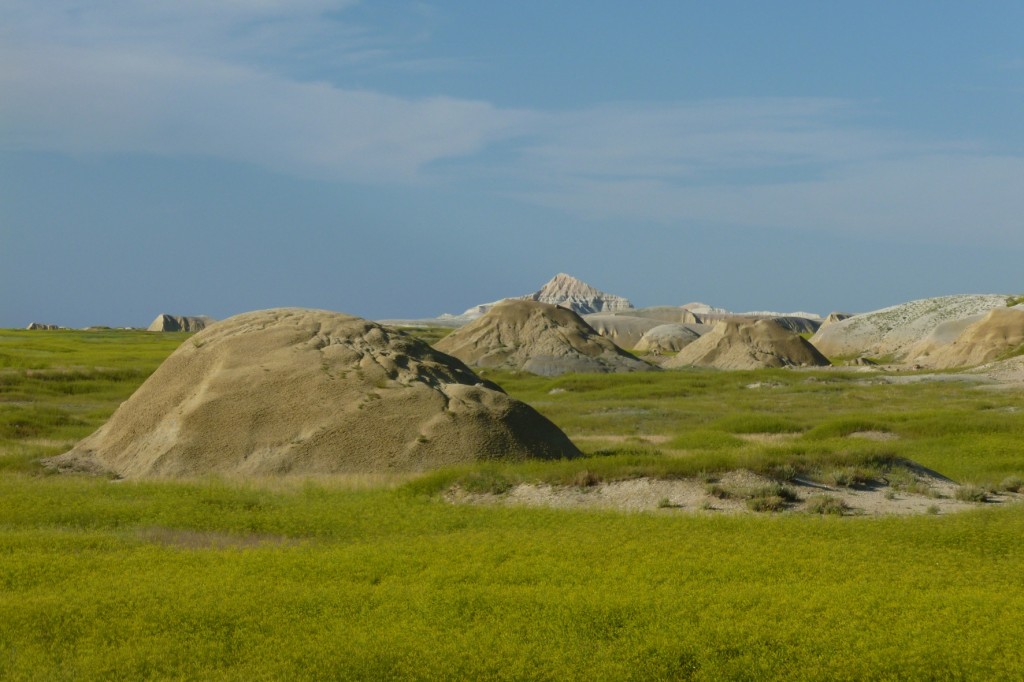 Strange trip to Mount Rushmore, United States Ceremony
Strange trip to Mount Rushmore, United States Ceremony
.
Proceeding by car through stormy Iowa to South Dakotah
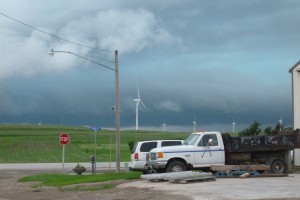 Where my first visit was at the Spirit camp, natives and Cowboys resisting against the Tarsand Pipelines that puts drinking water into jeopardy
Where my first visit was at the Spirit camp, natives and Cowboys resisting against the Tarsand Pipelines that puts drinking water into jeopardy
http://www.shieldthepeople.org/
while talking we sat in the white van, while the wind was blowing. Latter Cyril Scott Rosebud Sioux tribe’s president would tell me, in South Dakota the wind doesn’t blow, it sucks.
:
I have spent almost a week at the Dancing Rabbit Ecovillage and I am pretty impressed how everything works here. Most houses are strawbale houses and they all look different. The Energy comes from Solar- or windpower, people are consciously using water and energy, there is a wonder full pond to swim and great food to eat. Almost everybody cultivates vegetables. The village has been growing over the years and it will grow more. The goal is to be around 500 people living and working here. The children that grow up here are sweet, play outside a lot and their parents don't have to worry about them, because the village is free of cars. Instead they grow up in a community that cares for them. Homeschooling is usual and exchange with neighboring farms and the village of Ruthledge. The community of Sandhill Farm is not far away, it was started in the 70ies and helped the starters in the beginning of DR. .This is the old pond near my cabin , Two of the houses here
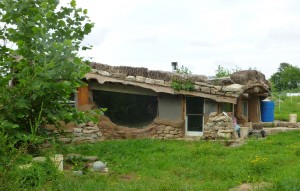
: : From Detroit Michigan to Kirksville Missouri
.
this is so interesting:
:
:
jentle ben with botanical fortress,
live in the longest
night of the year at 9pm
at the Factory 333Midland, Detroit
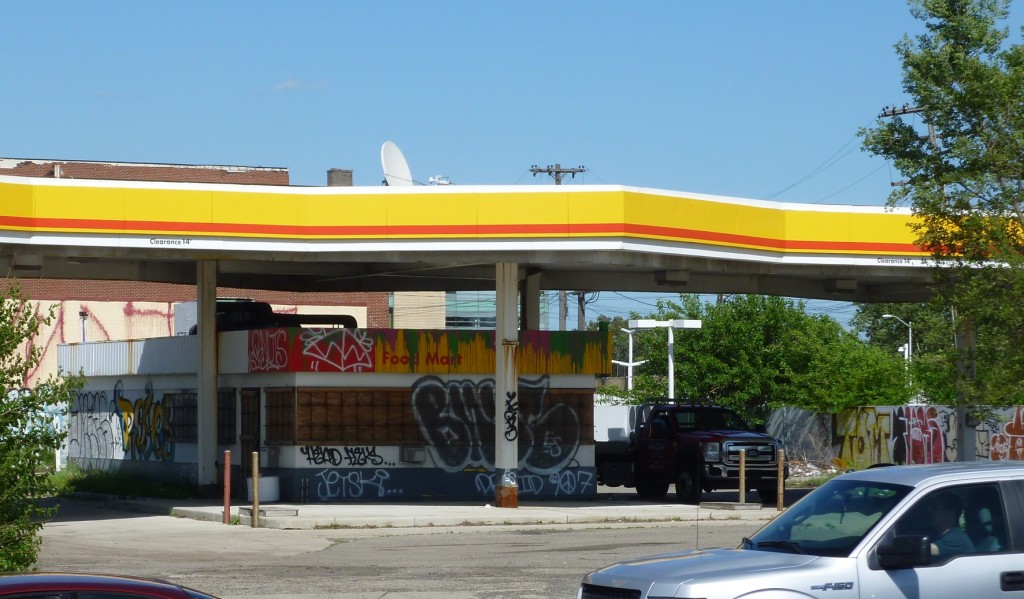 This happens to capital once it’s gone..
This happens to capital once it’s gone..
.
More great things of Detroit are
http://newworkfieldstreetcollective.tumblr.com/
http://infinitemiledetroit.com/
http://critical-moment.org/2013/12/18/the-raiz-up/
http://www.iyengaryogadetroit.com/
.
Detroit is a beautiful city. Never before biked so much, on many streets almost to myself.
:
:
What Grace Lee Boggs described as coming in to Detroit, the workers from the south, who introduced urban farming to Detroit. Today there are more than 2000 urban farms or food growers all over Detroit. People here start to grow knowledge, have long started.
It is inspiring coming from a city like Hamburg, where every spot is already identified by something (else), to see what is possible, if there is space.
This is a link to Earth works, founded in the nineties. I was happy to have a serious conversation with Denis, who works there.
From their website
“Earthworks” has two meanings: First, “Earthwork” from a military perspective is an earthen barricade to protect from an advancing attack. The concept of our Earthworks is that it protects the environment and us by showing people how to live in harmony with nature assisting in building relationships of mutual benefit. Second, “Earthworks” reflects the work that the Earth does. In this sense, we value the Earth’s work and recognize ourselves as shareholders in the natural economy of energy exchange (goods and services) in this living system.”
Denis also works at the boggs school. I got a glimpse of it, visiting their colorful and lively Bloc Party.
This is a short video, how it all started.
.
I finally did get out my camera and share with you some of Detroit. This combination seems familiar.Still, in reality you find very few glasscrapers in Detroit. That's also what makes the city unique. Beautiful old buildings are still here and you can actually see them. . And buildings you shouldn't let wait for too long.
Then I took my bike to Heidelbergstreet. And it just amazed me like it does many others
.
I talked to Margaret Grace, who works in the field of Arts Community&Environmental Education at the Heidelberg project. It was fun talking to her, it felt a little bit like talking to your neighbor. . Then I proceeded to the recycling center. A colorful and lively space
that also hosts Studios and practice spaces. One of the Bands that rehearses there I saw live at the Trinosophes, another great place on Gratiot Avenue. The Band was Botanical fortress, they played to Dantes Inferno.
. JB Bumper, that's how I feel on the bike on the heavily damaged streets.
Another day at the recycling center, precisely on it's roof, I helped artist Fieke Van Berkom a little bit with her installation. While doing that we had interesting talks, as Fieke has been traveling a lot, specially in Dakotah.
And of course you can also see this, what shows the so very vulnerable side of here. This was the only burned down house I took a closer look at. The brownish thing you see was a piano.
.:.
:
.
Now I’m in Detroit since more than one week. I saw a lot and took almost no pictures. There are many empty or burned down houses. It makes me sad. But next to that, there is a lot of life in the City, and I have only got a glimpse of it now. I am staying at the Filter Residency, which is run by curator Kerstin Niemann. The house is located near Hamtramck and makes me feel at home.
By bike riding I get a feel for the distances. They are just a little to far, to have the bike as your main transport unit. So I question, why is Detroit still so big, and there are great empty houses just next to the Center?
There are many initiatives in this City, for a start I want to introduce to you Grace Lee Boggs, who lives in Detroit since fifty years.
http://en.wikipedia.org/wiki/Grace_Lee_Boggs
this is a 40 minute Clip of the movie about Grace Lee Boggs. Of course seeing the movie “American Revolutionary: The evolution of Grace Lee Boggs” by director Grace Lee would be even better.
/jentle-ben/nowiindetroitfeellikealeftlefthouse
;;;;;;;;;;;;;;::::::::::;;;;;;;;;;;;;;;;;
So first I was very disappointed that the Zapatistas would not really speak to me. They did, but they did not answer my questions. Now, to where I went, to say good-bye to Mexcio, to see the ocean waves, one after another and listen to the sound in the dark and thinking, I found, that this was not wrong. Because the Zapatista caracols are not something where you can just go and ask and get answers. It is lived autonomy, it is lived self governing, it is lived ways of production, it is lived community. So for that, I could not stay, because I cant’ sleep in a hammock and with lights burning and lots of talking and barking and hens quarking. Still, what I experienced was welcoming friendliness. Their little long ago written but not outdated sixth declaration is worth reading because it’s funny and its logic:
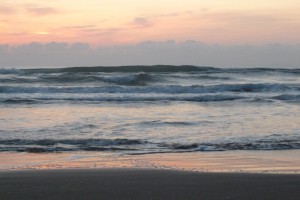 Morning dawn at Chachalaca Beach
Morning dawn at Chachalaca Beach
:
Moving on to Xalapa
where I met anthropologist Bruno Baronnet and experienced 1. May labor day and how it looks in Mexico.
Didn’t see any street riots so far, but a lot of officials.
After being in San Cristobal for more than a week and not being allowed to talk about the Zapatista Autonomy with the Junta de buen gobierno in Oventic, I decided to proceed to Ocosingo, a small town further east, where I should find another caracol; La Garrucha. After a walk in the beautiful countryside and not knowing how to get there I walked over this bridge (that shows how overvalued security guidelines are)and then passed this car.
What a helpful coincidence. The owner, a friendly man, gave me advice how to get to La Garrucha and I did, knowing that the trip would take two hours without the option of returning the same day. I was relying on kindness. Arriving there I was asked many questions and told to wait and so I did. I waited for hours, the Zapatistas fed me from their communal kitchen, in exchange I gave them a pack of sugar I had bought in a hurry before leaving. Then I was led to a room, where I was allowed to sleep on a hammock. After more hours, the junta had time to listen to my request. They did that very carefully and after knowing what I wanted, they replied to me, that they would not answer my questions. The only way to experience more of their autonomy would be to attend the little school. Well, I don't know when the next little school is going to happen and I will no longer be in Mexico, so one helpfull thing I can do is to go through their books. The first one you can find here After a short sleep I was catching a truck back to Ocosingo early the next morning.
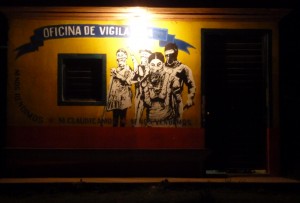 :
:
Today I met a wonderful person, Sergio Castro Martinez. He is treating all kinds of wounds and illnesses without charging his patients anything. He also operates a museum of traditional indigenous clothing, speaks many native and foreign languages and knows a lot about the culture, language and traditions of different groups. I will learn more about his work meeting him again for an interview. He also has great photography. Here is an example, it is taken at a carnival in Chiapas. It shows how the indigenous people mixed their own traditions with the ones of their invaders, these costumes are inspired by napoleon.
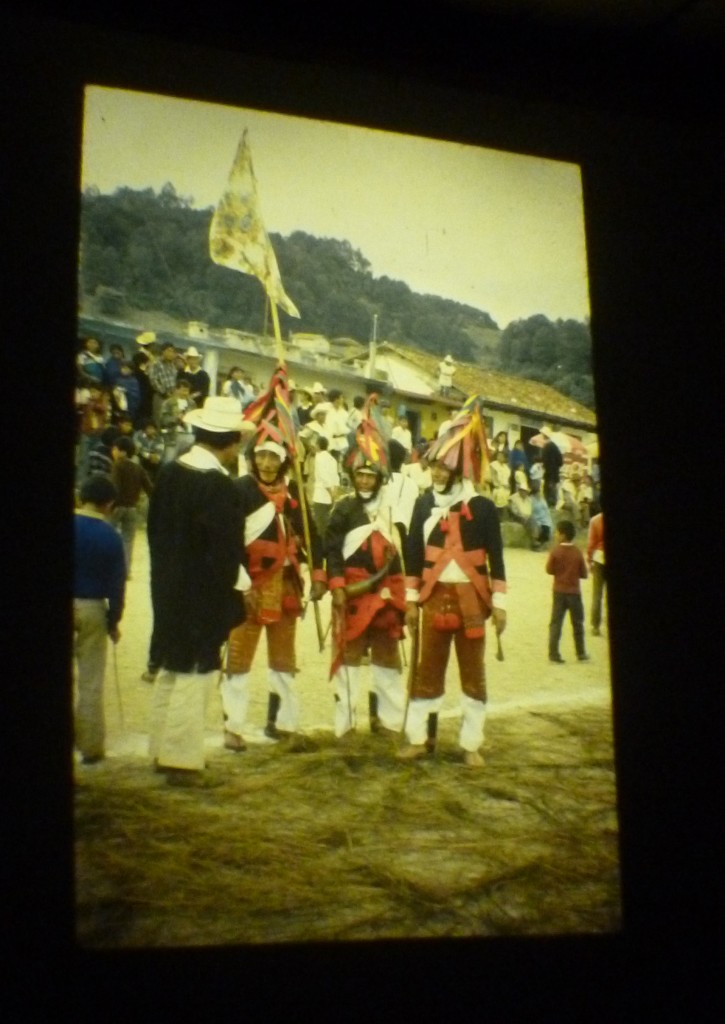
On my way to the most touristic caracol of the Zapatistas, Oventic I saw some more of the Chiapas highlands. Almost everybody living there has some land to grow food around the house and I saw a lot of terrace built land to cultivate vegetables. A traditional way used in many areas to cope with hills and still grow food.
What I also saw is the technic of building bricks out of soil. These are elements that become popular in western society alternatives. I suppose we could learn a bit of the normal, rather poor family in Mexico.
Zapatistas like to play. In Oventic there is a school, a church, a health center, a food vendor and more
Now I am in San Cristobal de las Casas. Actually I am here for this
but for Semana Santa, not so many things can get done.
It is all about fiesta. So here are some impressions of that and of the walks I took around the city.
First here:
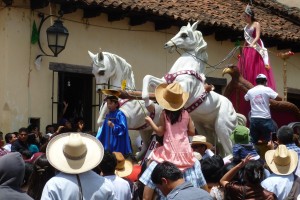
then here:
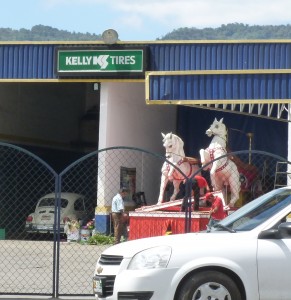
.
this I found a bit weird, but CC, Pipsi an Nistli are really something here in Mexico, you can hardly find any drinking water or soda that is not provided by these transnationals : :
So I traveled to Juchitan to talk to people of the Asamblea del Istmo, and to see the windfarms with my
own eyes. Unfortunately I did not meet anybody of the Asamblea, as my bus was late,
but I saw the windmills and was pretty impressed. There are hundreds of them. This is a very complicated issue, but
overall, people are living just next to these farms, being affected by there noise and light pollution and big junks of land are occupied.
The electricity they provide though is not meant to be used by the people living next to them
:
Fences in Mexico
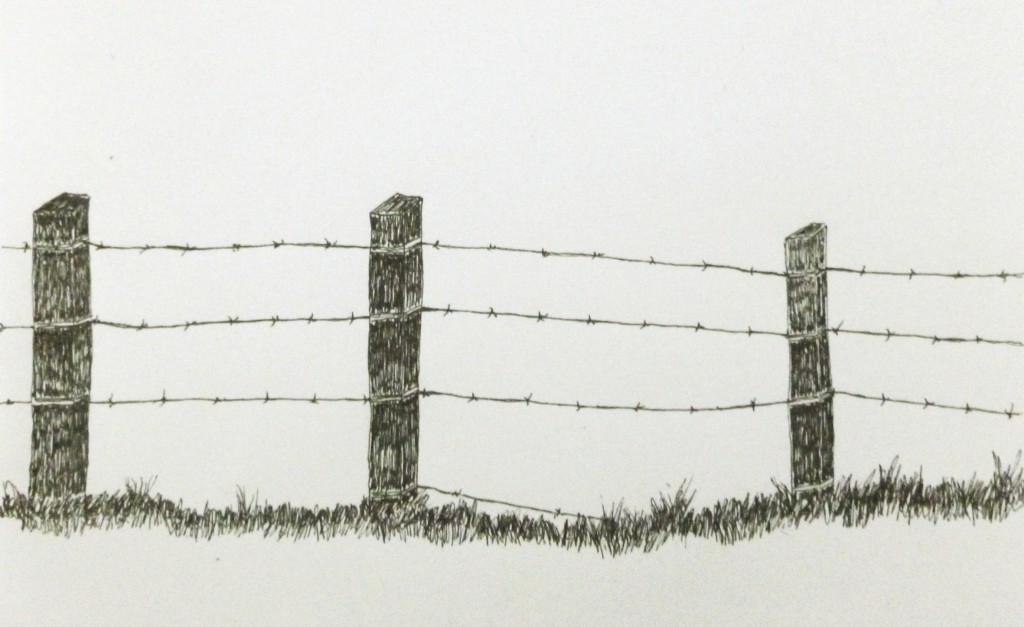
;
This is a link I've been wanting to share since a long time. Somos viento It's a film about the people in the state of Oaxaca, struggling against the technification of land. It is about a huge windpark, that shall be constructed on their land. . The film shows, how in such developments national laws are disregarded. . Who does land belong to? . "The contract was allready signed, when it was presented to the people." A woman says in the film. But for some peoples it was agreed on by national law, that they have to be considered. It is a convention by the ILO (International labour organization) called "Indegenous tribal peoples convention" that was signed by following countries: Argentina (2000), Bolivia (1991), Brazil (2002), Central African Republic (2010) Chile (2008), Colombia (1991), Costa Rica (1993), Denmark (1996), Dominica (2002), Ecuador (1998), Fiji (1998),Guatemala (1996), Honduras (1995), Mexico (1990), Nepal (2007), Netherlands (1998), Nicaragua (2010), Norway (1990), Paraguay (1993), Peru (1994), Spain (2007), Venezuela (2002) . As for Mexican law this project is illegal and interestingly Denmark has signed, but still it's pension fond is involved in the financing. . And now, maybe the good news, as for now 2014 it looks as if the communities were success full. The community claims to have received assurances that the consortium, Mareña Renovables, now plans to move the project. This is a great success and is proof, that resistance does make sense. For months community Álvaro Obregón blocked the only land access to the bar of Santa Teresa, where the mills should have been built. . In this sense, for all the European German speaking of you, you can read through this, about a new attempt to do a weird deal, the TTIP treaty, which also involves the cultural sector: http://www.monde-diplomatique.de/pm/2013/11/08.mondeText1.artikel,a0003.idx,0 and a link in English about the treaty: http://www.wnd.com/2013/11/ . ¨¨ : From Mexico DF to Oaxaca
;
I am now in Mexico City and not that this city seems to be rich, but while writing and researching I found this Video about the billionaire census. Watch from Minute 1.20 about the increasing number of billionaires since the end of the financial crisis in 2009. And, art collection is the number one passion among the worlds billionaires.
:
NOW APPROACHING MEXICO CITY
.
.
.
Back in Santiago I got some more impressions of the city and worked on transcribing the interviews I conducted.
This is Gran Torre Santiago. It’s the tallest building in Latin America and looks just like these kind of buildings look like. From the inside as well, of course it hosts a shopping mall.
This house looks a little bit like a Swiss or German house, but the roof is just pretending to be out of bricks, in reality it is thin sheet out of metal.
And here we know who is allowed to carry and use weapons, order and homeland! The Pacos. I found it a bit shocking to see this sign of arms celebration in the public for real. But it must be only one of the leftovers of Chiles violent past. And of course all states use weapons to ensure their borders, their law and their order. This is called monopoly on violence.
.
I am now in Temuco. Here I met a representative of the Asamblea Nacional Mapuche de Izquierda to talk about the actual situation. . This is one of the posters hanging in their office. Got to figure out by yourself who is depicted on it.. But let's take a short insight into what ALBA actualy means besides morning dawn.
.
I also visited Temucuicui, Mapuche Territory and a comunidad that is active in fighting for their land.
This is their page http://comunidadtemucuicui.blogspot.mx/
.
Temuco is a small town with lot's of cars, shoe and cloth shops. It is surrounded by Mapuche communities. .
As you will see in the video, this area is well used by offensive agriculture and specially forestry.
In Chile about 70% of the forestal felling volume for timber production is obtained from planted plantations. The huge artificial forests consist mainly of fast-growing pine trees and eucalyptus which are exotic in Chile and do not occur naturally.
Partly eroded areas are afforrested, but also intact ecosystems are destroyed. In addition to negative effects on biodiversity itself are the consequences of water extraction. Eucalyptus requires much more water than most native species. Artificial fertilizers, pesticides, herbicides and other Agrochemicals often poison water and soil in the surroundings of the plantations.
.
Chile is not only home of the Chileans, but also of the Mapuche. I am finding out more about their culture, struggles and health traditions. For a start, these are some of the places i visited so far:
Centro Salud Mapuche Mapu Lawen
.
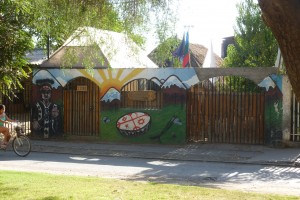
.
Now we know where the symbol of the raised fist is coming from.
Found at the Museum for pre-Columbian art in Santiago.
Fences in Chile
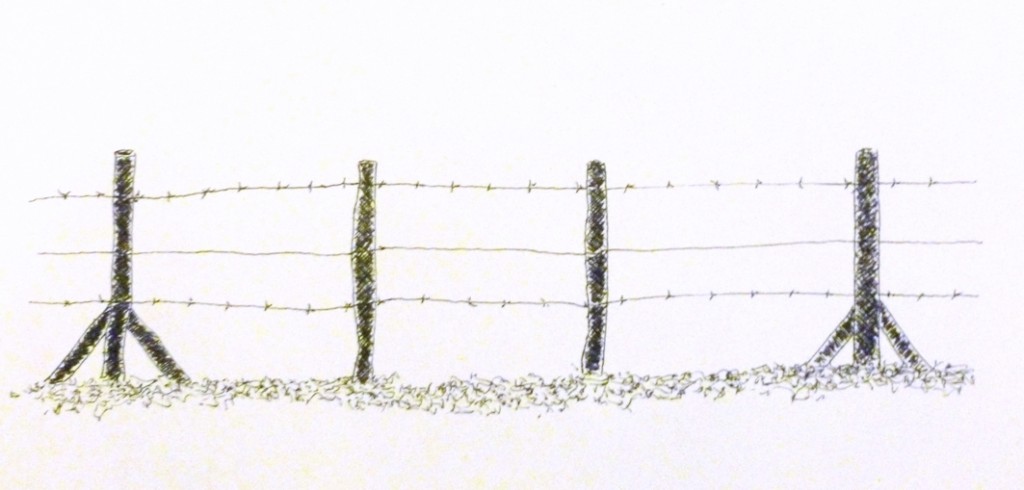
Fences in Argentina
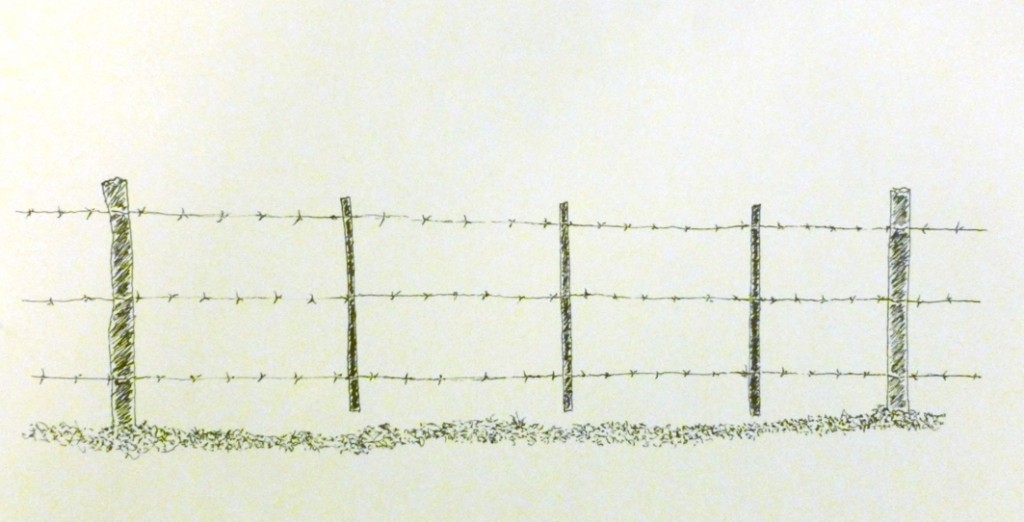
.
From Argentina to Chile
.
a workshop here and now
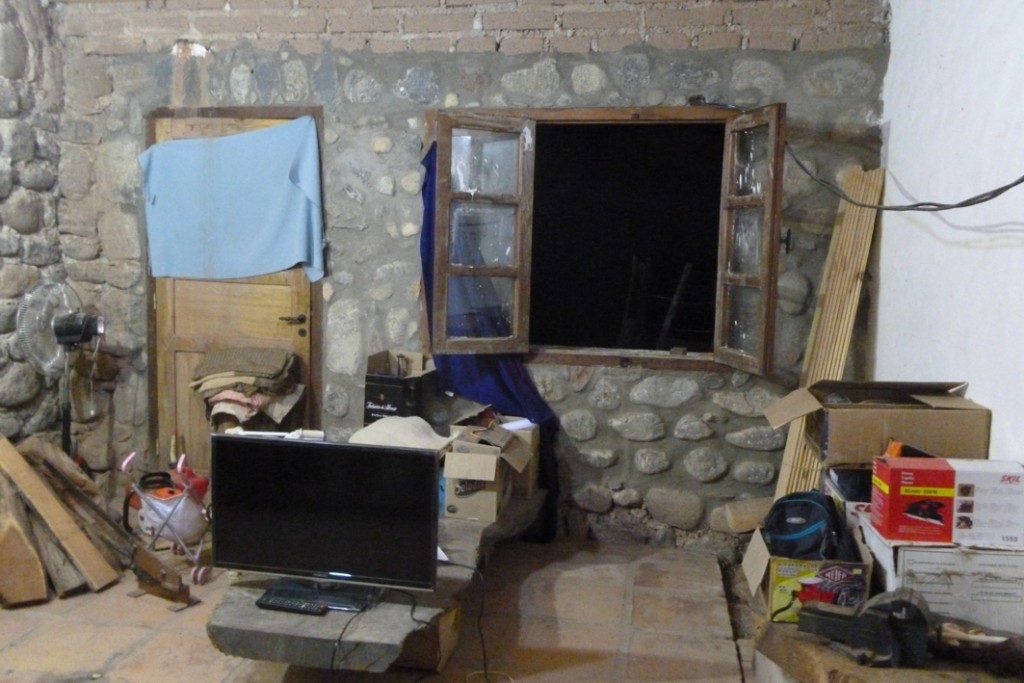
.
.
.
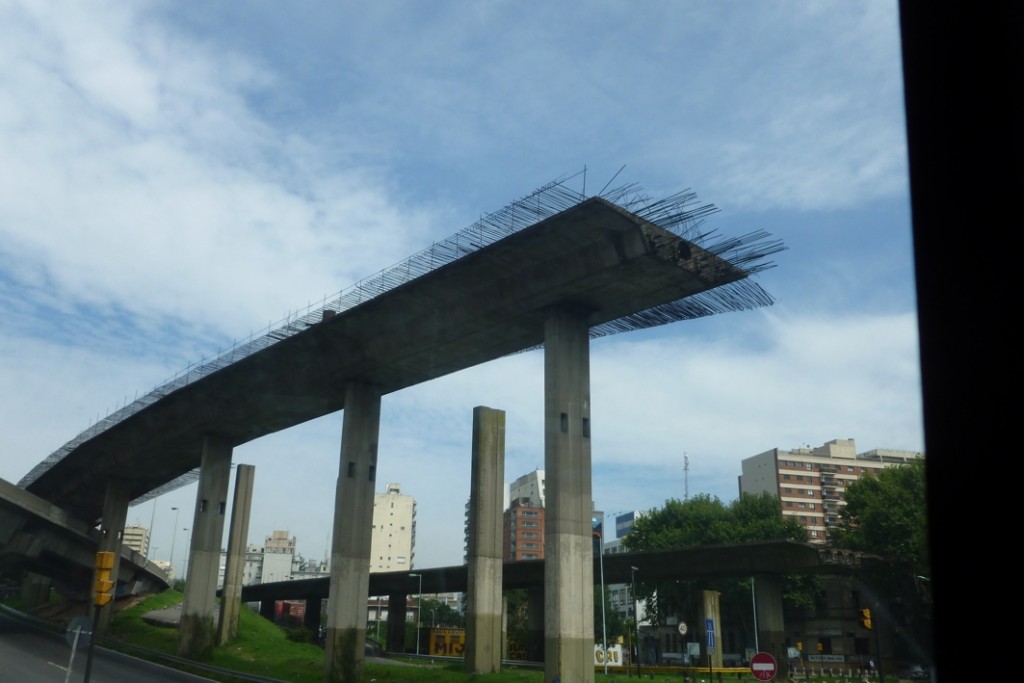
.
.
.
.
http://www.jenniferbennett.net/
.
.
